The embargo of credit within a judicial process
An old precautionary measure yet undeveloped
Keywords:
Medidas cautelares, proceso judicial, embargo del crédito, evolución legislativa, evolución jurisprudencial, vacÃos normativos, interpretación por analogÃaAbstract
The precautionary measures constitute a fundamental pillar in the Colombian civil procedure, so that they have been the object of a diligent and meticulous study by the judicial institutions as well as by the academics. That is why, in the course of time, there has been a tendency to modify, update and make the requirements of origin of these more flexible, both in the executive processes and in the declarative ones and subtly regulating the so-called unnamed precautions.
However, some precautionary measures that are less common in judicial practice have gone unnoticed and, therefore, have not been fully and in-depth developed both in the legislative and jurisprudential spheres, which has given rise to problems for users and other Internet operators. the administration of justice.
The precautionary measure of the seizure of the credit within a judicial or litigious process, has not been fully regulated in the multiple codes of civil procedure that have been issued, which has led judges to resort to various interpretations that violate in not In a few cases, the guarantees of the parties and those involved.
It is then necessary to carry out a constructive analysis around this caution in order to deepen its characteristics and purposes, in order to be able to propose interpretations that allow, from criticism, to raise solutions and propose, in an incipient way, its evolution within the Colombian civil procedure.
References
Código Judicial, artÃculo 282. (1931).
https://www.suin-juriscol.gov.co/viewDocument.asp?id=1639321
Código de Procedimiento Civil, artÃculo 681 N° 5. (1970).
https://leyes.co/c%C3%B3digo_de_procedimiento_civil/681.htm#:~:text=El%20se
uestre%20podr%C3%A1%20adelantar%20el,podr%C3%A1%20solicitar%20exhib
ci%C3%B3n%20de%20ellos.
Silva, J. F. (2020). Medidas Cautelares en el Código General del Proceso (Tercera
ed.). Bogotá: Temis S.A.
https://libreriatemis.com/product/medidas-cautelares-en-el-codigo-general-del-pro
eso/
Blanco, H. F. (2017). Código General del Proceso (Vol. 2). Bogotá: Dupre editores.
https://lijursanchez.com/producto/codigo-general-del-proceso-tomo-ii-parte-especi
l/
Código General del Proceso, artÃculo 11,12,69, 593 N° 5 466. (2012).
https://www.funcionpublica.gov.co/eva/gestornormativo/norma.php?i=48425
Código General del Proceso, artÃculo 69 (2012).
http://www.secretariasenado.gov.co/senado/basedoc/ley_1564_2012_pr001.html#
~:text=ART%C3%8DCULO%2069.,solo%20ser%C3%A1%20parte%20en%20ellos.
Justicia, C. S. STC 16701-2014, STC 5006-2021 (2021)
https://cortesuprema.gov.co/corte/wp-content/uploads/2021/05/STC5006-2021.pdf
Código Civil, artÃculos 1521, 1636 y 2513.
Código Disciplinario del Abogado, artÃculo 37, numerales 1 y 4.
Bejarano, R. (2017). Procesos Declarativos, Arbitrales y Ejecutivos (octava ed.) Bogotá: Temis S.A. https://lijursanchez.com/wp-content/uploads/2021/05/Procesos-declarativos.pdf
Rojas, M. E. (2019). Lecciones de Derecho Procesal (Segunda ed.) Bogotá: Esaju. https://www.esaju.org/tienda/lecciones-de-derecho-procesal-tomo-2/





